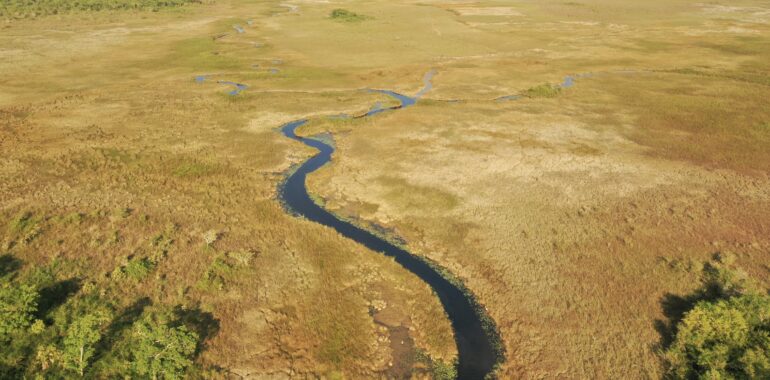Most people may not be aware of how crucial rivers are in the present, since their connection to the daily life in cities may not be as apparent. However, they are in fact strongly linked with most of the economic activities that allow cities, and societies to thrive. Take a look at this overview of the situation of rivers of Guatemala, which highlights how important it has become to protect them, as recent issues with significant consequences have raised.
The importance of rivers
Rivers are fundamental to life as we currently know it due to the many ways in which cities draw upon the water they supply. To start with, they are a major source of water for growing food, and raising livestock. They also provide cities with water for sanitation, and industrial activities. And, finally, many cities also rely on rivers for the disposal, and dilution of wastewater.
To make it clearer, without rivers, cities would suffer great consequences. First, and foremost, the food supply would fall short. For example, it has been calculated that agriculture is responsible for over 70% of freshwater withdrawals, of which, many use rivers as their main source (Khokhar, 2024).
Moreover, cities would see economic stagnation if they had no access to rivers, which is a phenomenon that could also trigger economic collapse. For instance, many industries that contribute significantly to the local economy often require large quantities of water to operate. Proof of this phenomenon is how stagnation is something that currently happens among cities where water over-extraction from rivers occurs. Economic collapses, on the other hand, have been speculated in scenarios where industries cease to operate due to the unavailability of water (AQUATECH, 2023).
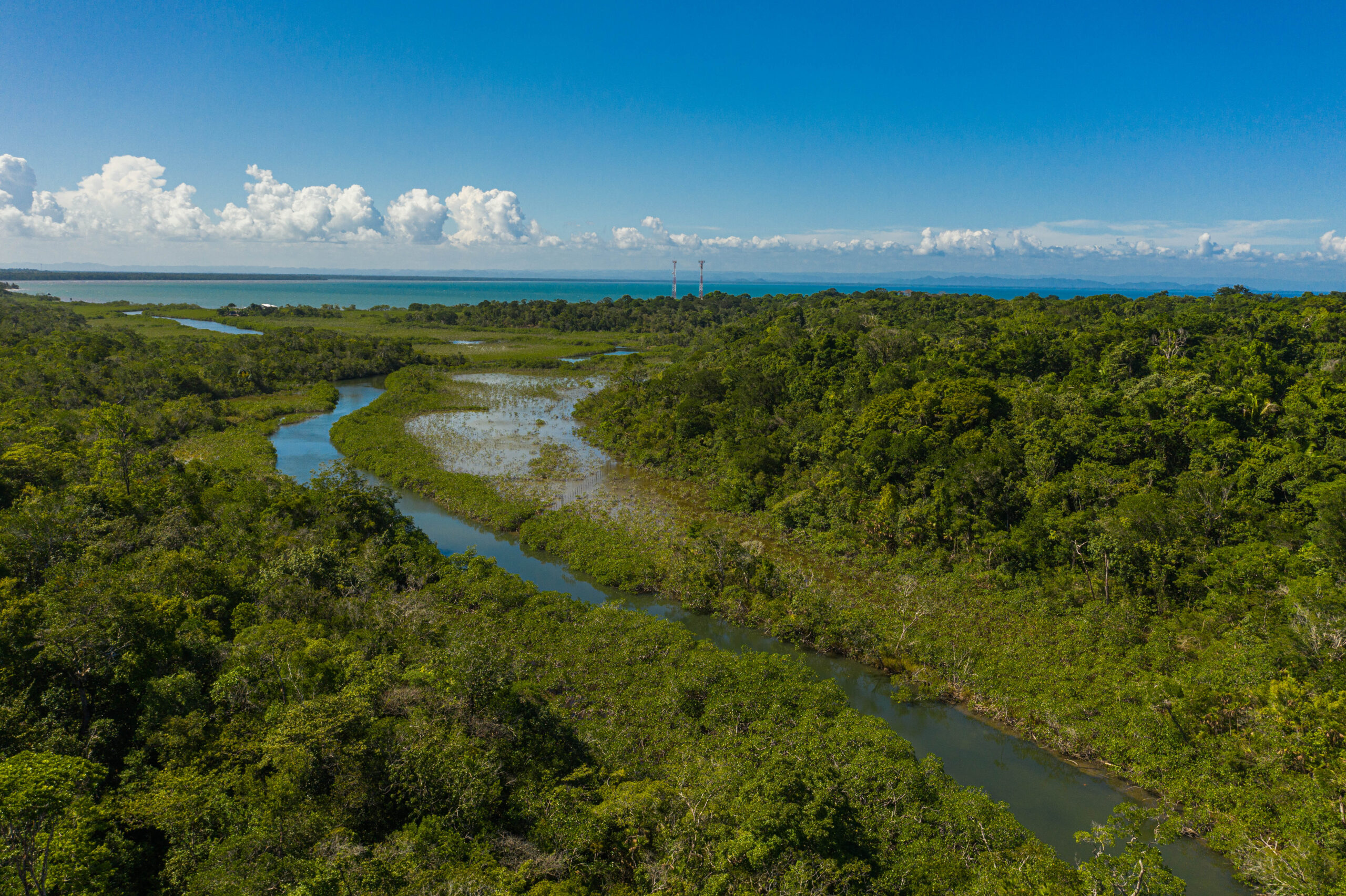
Rivers hold much more than water since they also transport nutrients that fish, livestock, and plants feed on. Tapón Creek. Amatique Bay, Livingston; October 2020. Drone Photo by Haniel López.
The rivers of Guatemala, and their challenges
According to the National Institute of Seismology, Volcanology, Meteorology, and Hydrology of Guatemala [INSIVUMEH] (2024), there are a total of 38 river basins, spread across three different drainage basins in the country:
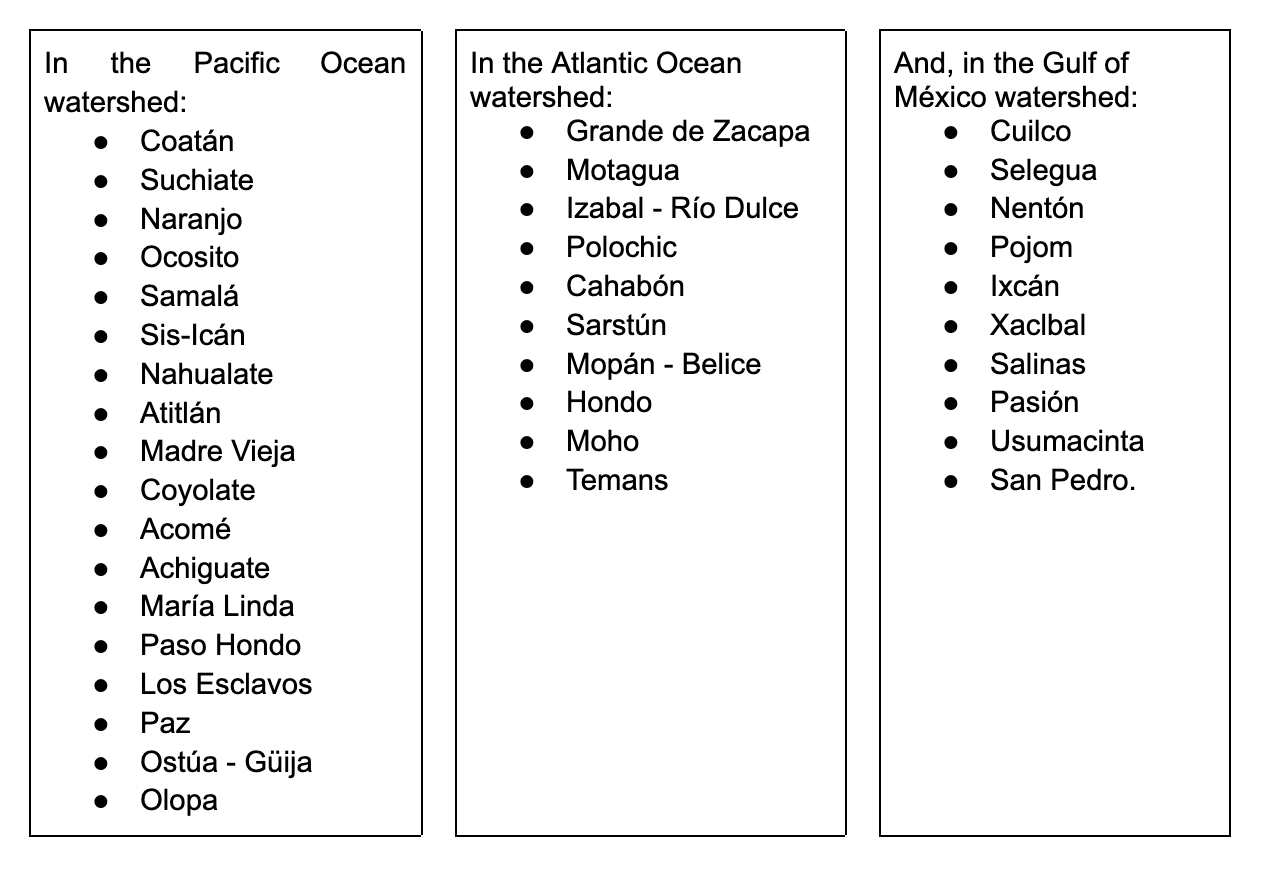
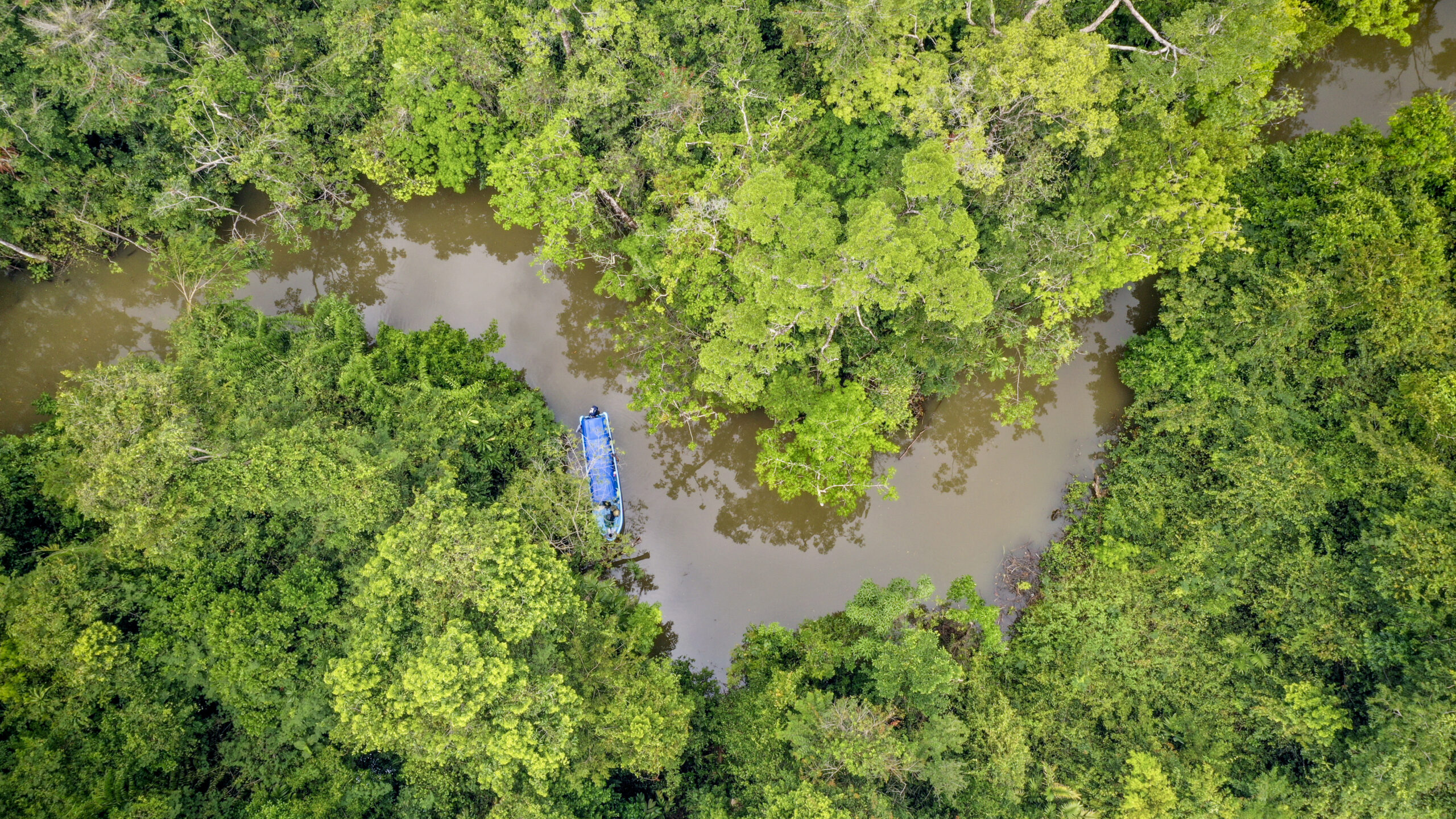
Creek Cáliz at El Golfete. Río Dulce, Livingston; March 2021. Drone Photo by Haniel López.
However, and even when abundant in number, most of these rivers have faced significant deterioration. In that respect, the Vice-Minister of Water from the Ministry of Environment, and Natural Resources (MARN) has stated that an overwhelming 95% of the country’s rivers have succumbed to pollution due to a lack of coordination and regulation (Álvarez, 2022).
More specifically, population growth, deforestation, agriculture, livestock farming, industrial activities, and the indiscriminate use of contaminants are the main causes that have developed this problem. In addition, industrial effluents have been identified as the primary source of pollution.
In this regard, one of the best known examples of river pollution in the country is the Motagua River. Its basin extends through more than half of the country’s departments (administrative divisions), and flows into the Atlantic Ocean. Throughout its course, it carries so much plastic, that the Honduran Congress started a process in 2022 that could end in an international complaint against the Guatemalan government for the lack of regulation. This process was initiated due to the fact that many travel destinations in Honduras, which hold a lot of value for the local economy, are being impacted, and polluted as well (Ortíz, 2022).
To reverse this situation, recently an initiative called “Alianza Cuenca del Motagua” (Alliance for the Motagua Basin) was formed, in which 50 entities are merging efforts for the conservation, and recovery of this river (AGN, 2024). Hopefully, it will set an example of cooperation to tackle one of the most severe environmental issues in the country.

FLAAR ‘s Expedition Team sailing a boat in Biotopo Río Escondido. Río Escondido, Petén; March 2023. Drone Photo by Haniel López.
It is evident that rivers are extremely important for both the environment, and human communities, based on their impact in the activities that were mentioned in this article, such as farming, industry, and everyday domestic uses. However, the factors exposed previously including population growth, industrial development, and pollution are causing significant harm to river systems, which has become a huge problem in Guatemala. Related to that, the situation of the Motagua River highlights the urgent need for collaborative efforts to preserve, and defend these crucial waterways, where initiatives like the “Alianza Cuenca del Motagua” are a positive step in addressing these issues It will take ongoing dedication from all sectors of society to protect the country’s rivers for future generations. After all, the well-being of Guatemala’s rivers has a direct impact on environmental stability, food security, and economic prosperity, which should turn their preservation a top priority for the nation.
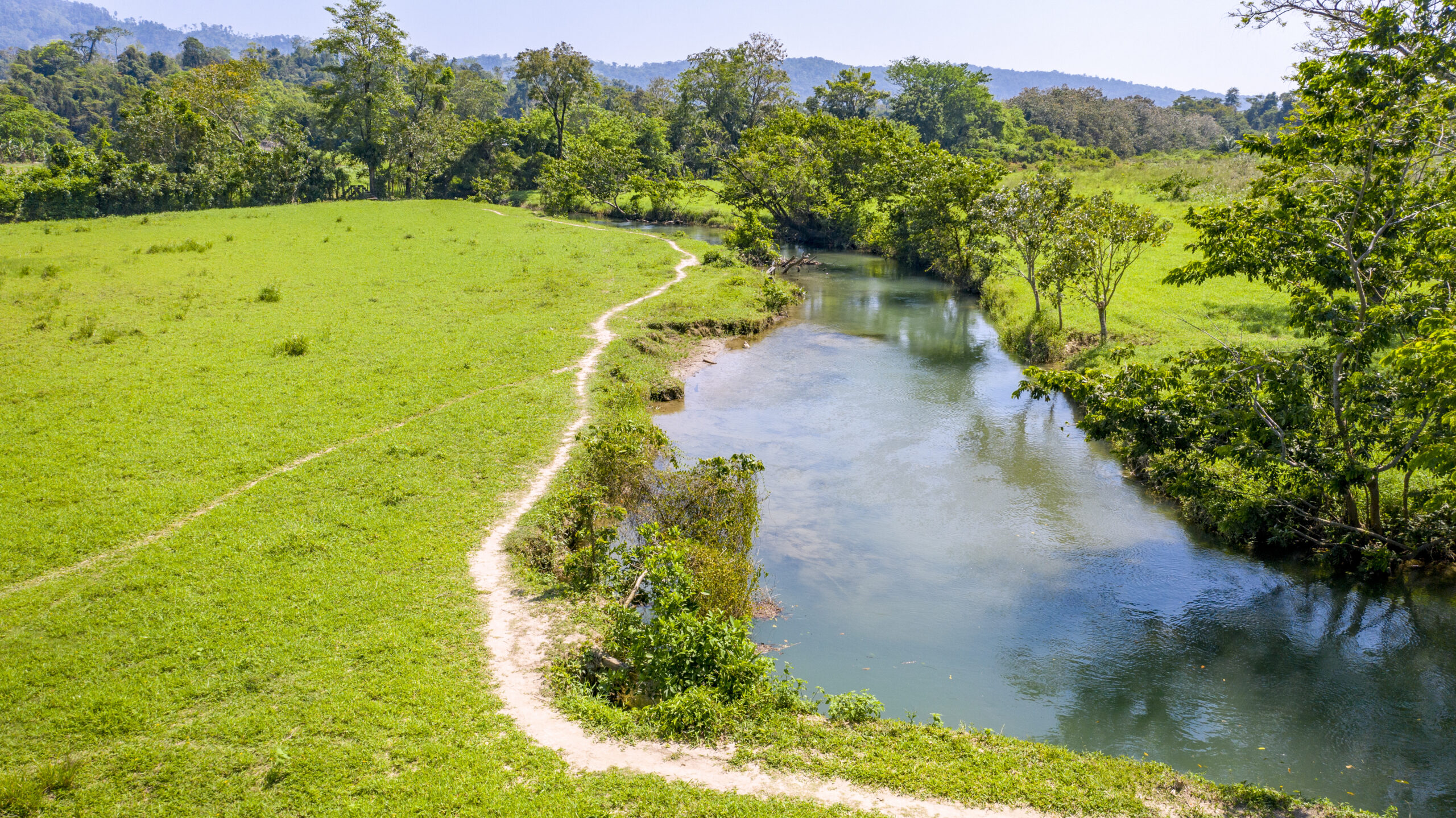
Río Bonito. El Golfete, Río Dulce, Livingston; March 2021. Drone Photo by Haniel López.
References
AGN
2024 MARN presenta la Alianza Cuenca del Motagua. Agencia Guatemalteca de Noticias – AGN. https://agn.gt/marn-presenta-la-alianza-cuenca-del-motagua/
Álvarez, A.
2022 MARN reconoce que el 95% de los ríos están contaminados; señalan inoperancia de la institución – La Hora. La Hora. https://lahora.gt/nacionales/anaite_alvarez/2022/06/21/marn-reconoce-que-el-95-de-los-rios-estan-contaminados-senalan-inoperancia-de-la-institucion/
AQUATECH
2023 Industrial water: essential guide to pollution, treatment & solutions. Aquatech. https://www.aquatechtrade.com/news/industrial-water/industrial-water-essential-guide
INSIVUMEH
2024 Ríos de Guatemala. https://www.insivumeh.gob.gt/hidrologia/rios%20de%20guate.htm
Khokhar, T.
2024 Chart: Globally, 70% of Freshwater is Used for Agriculture. World Bank Blogs. https://blogs.worldbank.org/en/opendata/chart-globally-70-freshwater-used-agriculture
ORTÍZ, A.
2022 Río Motagua: La posible demanda que podría plantear Honduras contra
Guatemala por la contaminación en sus islas turísticas. Prensa Libre. https://www.prensalibre.com/guatemala/comunitario/rio-motagua-la-posible-demanda-que-podria-plantear-honduras-contra-guatemala-por-la-contaminacion-en-sus-islas-turisticas/#:~:text=El%20Congreso%20de%20Honduras%20se,el%20departamento%20hondure%C3%B1o%20de%20Cort%C3%A9s.
Written by Biologist Pamela Alejandra Jerez Pazos
Edited by Sergio D’angelo Jerez

